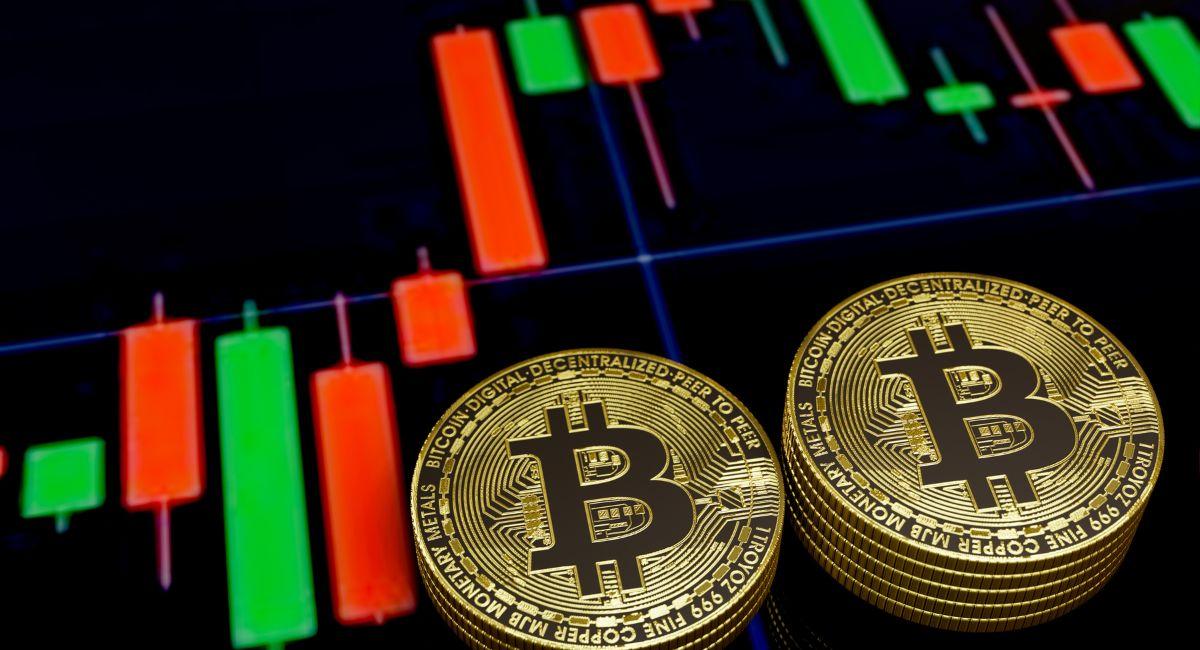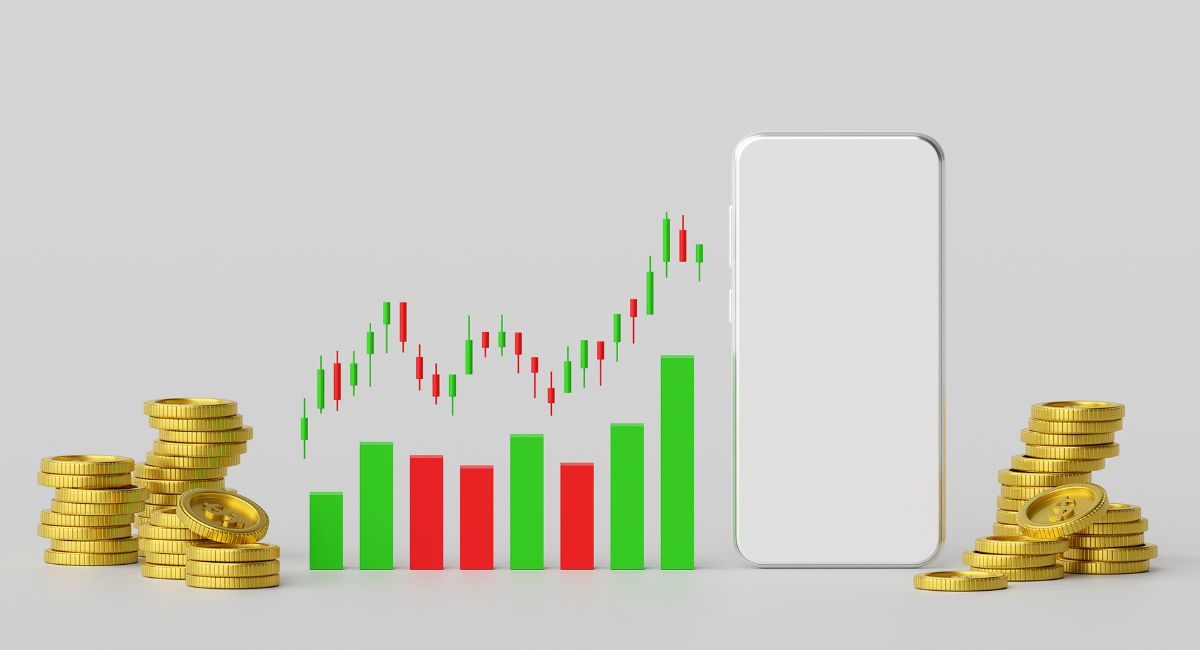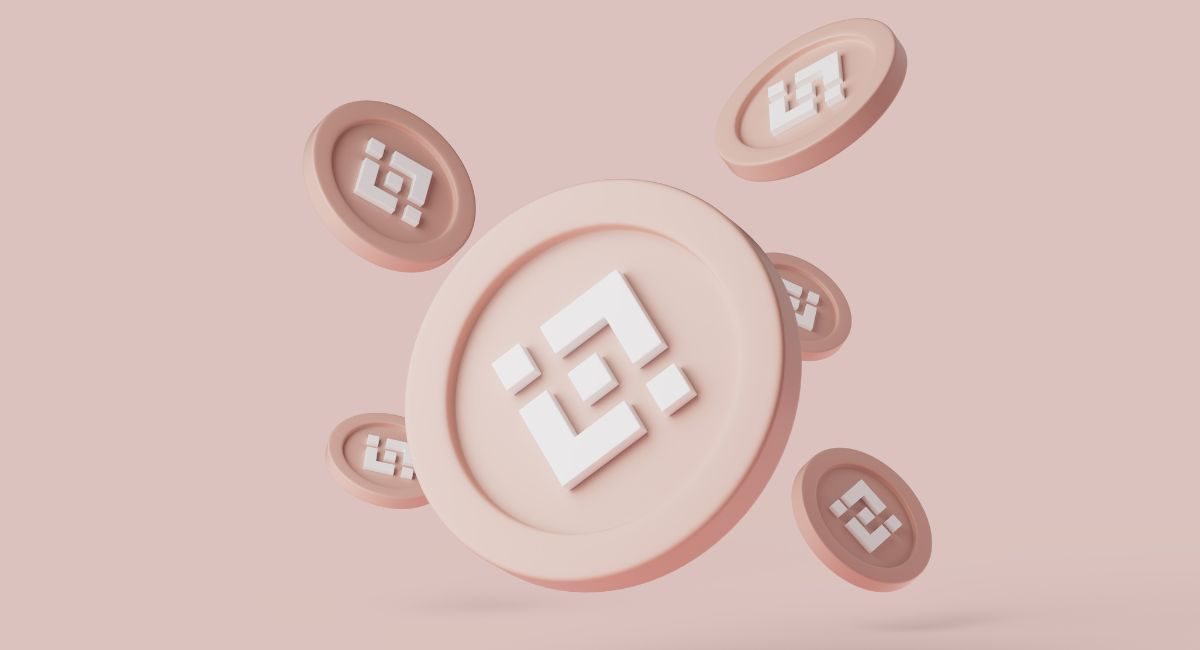What Is Blockchain Trading? Your Ultimate To Answer The 1 Most Important Question
Blockchain trading has emerged as a groundbreaking method of exchanging digital assets, leveraging a decentralized and secure distributed ledger known as the blockchain. This article explores the fundamental aspects of blockchain trading, covering key components, benefits, and potential challenges.
Blockchain: The Foundation of Decentralized Trading

At the heart of blockchain trading is the blockchain itself—an immutable and transparent ledger that records transactions across a network of computers. Each transaction is grouped into a block, forming a chain that ensures the integrity of the transaction history. This tamper-resistant nature minimizes the risk of fraud and manipulation.
Eliminating Intermediaries: Peer-to-Peer Transactions
One of the primary advantages of blockchain trading is the removal of intermediaries, such as banks or brokers. This decentralized approach allows users to engage in direct peer-to-peer transactions, reducing fees and accelerating the settlement process compared to traditional trading systems.
Smart Contracts: Automating Transactions
Facilitating blockchain trading are smart contracts—self-executing contracts that automatically enforce and execute predefined terms when specific conditions are met. These contracts eliminate the need for intermediaries, contributing to cost reduction and increased operational efficiency.
Security Measures in Blockchain Trading
Security is a paramount concern in any trading system, and blockchain addresses this through advanced cryptographic techniques. Each transaction is secured with cryptographic keys, ensuring that only authorized parties can access and modify information. The decentralized structure of the blockchain also enhances resistance to hacking attempts.
Transparency: A Cornerstone of Trust
Blockchain trading emphasizes transparency, as all participants in the network have access to the entire transaction history. This transparency not only fosters trust among users but also provides regulators with a comprehensive view of market activities, promoting accountability.
Challenges and Considerations in Blockchain Trading
Blockchain trading presents various challenges and considerations, reflecting the complex nature of decentralized systems. Here’s a detailed exploration of the key aspects:
- Security Concerns:
- Smart Contract Vulnerabilities: Smart contracts, integral to blockchain trading, may have vulnerabilities that can be exploited.
- 51% Attacks: Some blockchain networks are susceptible to 51% attacks, where a single entity controls the majority of the network’s mining power.
- Regulatory Compliance:
- Lack of Clarity: The regulatory landscape for blockchain trading is still evolving, leading to uncertainty and compliance challenges.
- Global Variances: Regulations differ across jurisdictions, making it difficult to establish a universal framework.
- Scalability Issues:
- Network Congestion: Popular blockchain networks can experience congestion during peak times, causing delays and increased transaction fees.
- Throughput Limitations: Some blockchains struggle with scalability, limiting the number of transactions they can process per second.
- Interoperability:
- Isolated Networks: Many blockchain networks operate independently, hindering seamless interoperability and information exchange.
- Standardization Challenges: Lack of standardized protocols makes it challenging for different blockchains to communicate effectively.
- User Experience:
- Wallet Security and Usability: Users need secure yet user-friendly wallets, and striking this balance can be challenging.
- Private Key Management: Users must take responsibility for their private keys, adding a layer of complexity to the trading process.
- Market Volatility:
- Cryptocurrency Price Fluctuations: The highly volatile nature of cryptocurrency prices can result in significant financial losses for traders.
- Market Manipulation: Lack of oversight can lead to market manipulation, affecting the integrity of trading platforms.
- Technological Risks:
- Forks and Updates: Blockchain networks may undergo forks or updates, leading to potential disruptions and compatibility issues.
- Oracles and Data Feeds: Decentralized applications relying on external data sources face challenges in ensuring data accuracy.
- Environmental Impact:
- Energy Consumption: Some blockchain networks, especially those using proof-of-work consensus, consume substantial energy, raising environmental concerns.
- Education and Adoption:
- Understanding Blockchain Technology: Many potential users and investors may not fully grasp the intricacies of blockchain technology, hindering widespread adoption.
- Educational Barriers: The complexity of blockchain technology may pose barriers for new entrants into the trading space.
- Ethical Considerations:
- Illicit Activities: The pseudonymous nature of blockchain transactions can be exploited for illicit activities, raising ethical concerns.
- Inclusivity and Accessibility: Ensuring equal access and benefits from blockchain trading is a challenge, given existing economic disparities.
Addressing these challenges requires a collaborative effort from the blockchain community, regulators, and market participants to create a more secure, scalable, and transparent trading environment.
Buying this dip on $ATAI $ATAI Aims to transform crypto trading with tools for better decisions. Their goal: an AI bot tracking top-performing assets, empowering users with informed choices. They strive for transparent, efficient trading in a safe blockchain environment.… pic.twitter.com/2kO8IruvH0
— 𝐁𝐮𝐭𝐭𝐞𝐫𝐜𝐮𝐩 ✨ (@cryptobabeeee) January 9, 2024
Top 10 Blockchain Trading Platforms:

In the dynamic realm of cryptocurrency, the choice of a trading platform can make all the difference. As the crypto market continues to surge in popularity and diversity, selecting the right platform becomes paramount for both seasoned investors and newcomers alike.
Embark on a journey with us as we unveil the definitive guide to the “Top 10 Blockchain Trading Platforms.” These platforms aren’t just gateways to the crypto-sphere; they represent the pinnacle of security, innovation, and user experience.
From industry giants offering a vast array of cryptocurrencies to niche platforms with unique features, our exploration covers the full spectrum of blockchain trading. We’ll delve into their features, security measures, and the nuances that set each apart, empowering you to make informed decisions in the fast-paced world of blockchain finance.
Whether you’re a seasoned trader seeking advanced tools or a curious newcomer looking for a user-friendly interface, our curated list caters to diverse preferences. Join us as we navigate through the nuances of these platforms, each contributing to the vibrant landscape of blockchain trading.
Secure your virtual seat as we unpack the top players, unraveling the intricacies that make them stand out in this ever-evolving crypto market. Ready to make your mark in the crypto space? Let’s dive into the world of the “Top 10 Blockchain Trading Platforms.”
- Binance:
- Features: Binance is renowned for its extensive range of cryptocurrencies, low trading fees, and advanced trading options.
- Security Measures: Two-factor authentication, cold storage for funds, and regular security audits ensure user safety.
- Coinbase Pro:
- User-Friendly Interface: Coinbase Pro is ideal for both beginners and experienced traders with its intuitive design.
- Regulatory Compliance: Known for adhering to regulatory standards, offering a secure environment for trading.
- Kraken:
- Global Presence: Kraken operates globally, providing access to a wide array of cryptocurrencies and fiat currencies.
- Advanced Trading Tools: Offers features like futures trading, margin trading, and a variety of order types.
- Gemini:
- Regulated Exchange: Gemini is regulated by the New York State Department of Financial Services, ensuring a secure and compliant platform.
- Winklevoss Twins: Founded by the Winklevoss twins, it’s known for its commitment to regulatory compliance.
- Bitstamp:
- Longevity: One of the oldest exchanges, Bitstamp has a proven track record of reliability and security.
- Fiat Support: Allows trading in USD and EUR, making it convenient for users worldwide.
- Huobi Global:
- Variety of Assets: Huobi offers a diverse range of cryptocurrencies, catering to traders with varying preferences.
- Liquidity: Known for high liquidity, reducing the risk of price manipulation.
- OKEx:
- Derivatives Trading: OKEx stands out with its comprehensive selection of cryptocurrency derivatives.
- Global Community: Boasts a large and active user base, fostering a vibrant trading community.
- Upbit:
- KRW Trading Pairs: Upbit is a prominent South Korean exchange, offering a significant number of KRW trading pairs.
- Security Protocols: Implements robust security measures to protect user funds.
- KuCoin:
- Profitable Staking: KuCoin allows users to earn passive income through staking various cryptocurrencies.
- User Incentives: Regular promotions and bonuses contribute to a competitive trading environment.
- Bitfinex:
- Liquidity Pool: Bitfinex is known for its high liquidity, making it suitable for both small and large-scale traders.
- Advanced Trading Features: Offers features like margin trading, lending, and a variety of order types.
Remember, the best platform depends on individual preferences, such as trading experience, desired cryptocurrencies, and specific features sought. Always prioritize security and conduct thorough research before choosing a trading platform.
Also, read – What Is Spot Trading In The Crypto World And How Does It Work?
Conclusion: The Evolution of Financial Systems
In the ever-evolving landscape of financial systems, the emergence and evolution of blockchain trading mark a transformative chapter. The decentralized, secure, and transparent nature of blockchain technology has set the stage for a paradigm shift in how we exchange digital assets and conduct financial transactions.
In conclusion, the evolution of financial systems through blockchain trading is a dynamic process that requires ongoing collaboration, innovation, and adaptation. Overcoming scalability challenges, enhancing interoperability, and addressing regulatory concerns are critical steps in unlocking the full potential of blockchain technology. As blockchain trading continues to mature, it has the potential to create a more inclusive, efficient, and resilient digital economy that empowers individuals and transforms the way we conduct financial transactions.
Stay informed with daily updates from Blockchain Magazine on Google News. Click here to follow us and mark as favorite: [Blockchain Magazine on Google News].
Get Blockchain Insights In Inbox
Stay ahead of the curve with expert analysis and market updates.
latest from tech
Disclaimer: Any post shared by a third-party agency are sponsored and Blockchain Magazine has no views on any such posts. The views and opinions expressed in this post are those of the clients and do not necessarily reflect the official policy or position of Blockchain Magazine. The information provided in this post is for informational purposes only and should not be considered as financial, investment, or professional advice. Blockchain Magazine does not endorse or promote any specific products, services, or companies mentioned in this posts. Readers are encouraged to conduct their own research and consult with a qualified professional before making any financial decisions. The featured image used is just a creative depiction of the title and it does not intend to hurt sentiments of any person or institution. If it hurts anyone sentiments, please do not hesitate to reach out to Blockchain Magazine.

 Bitcoin
Bitcoin  Ethereum
Ethereum  XRP
XRP  Tether
Tether  Solana
Solana  USDC
USDC  Dogecoin
Dogecoin  Cardano
Cardano  Lido Staked Ether
Lido Staked Ether  TRON
TRON  Chainlink
Chainlink  Wrapped Bitcoin
Wrapped Bitcoin  Sui
Sui  Wrapped stETH
Wrapped stETH  Avalanche
Avalanche  Stellar
Stellar  Hedera
Hedera  Toncoin
Toncoin  Shiba Inu
Shiba Inu  LEO Token
LEO Token  Hyperliquid
Hyperliquid  Bitget Token
Bitget Token  Litecoin
Litecoin  WETH
WETH  USDS
USDS  Polkadot
Polkadot  Bitcoin Cash
Bitcoin Cash  Ethena USDe
Ethena USDe  MANTRA
MANTRA  Wrapped eETH
Wrapped eETH  Uniswap
Uniswap  Ondo
Ondo  Pepe
Pepe  Aave
Aave  Monero
Monero  WhiteBIT Coin
WhiteBIT Coin  NEAR Protocol
NEAR Protocol  Mantle
Mantle  Official Trump
Official Trump  Aptos
Aptos  Dai
Dai  Internet Computer
Internet Computer  Ethereum Classic
Ethereum Classic  Bittensor
Bittensor  Cronos
Cronos  OKB
OKB  POL (ex-MATIC)
POL (ex-MATIC)  Gate
Gate 






